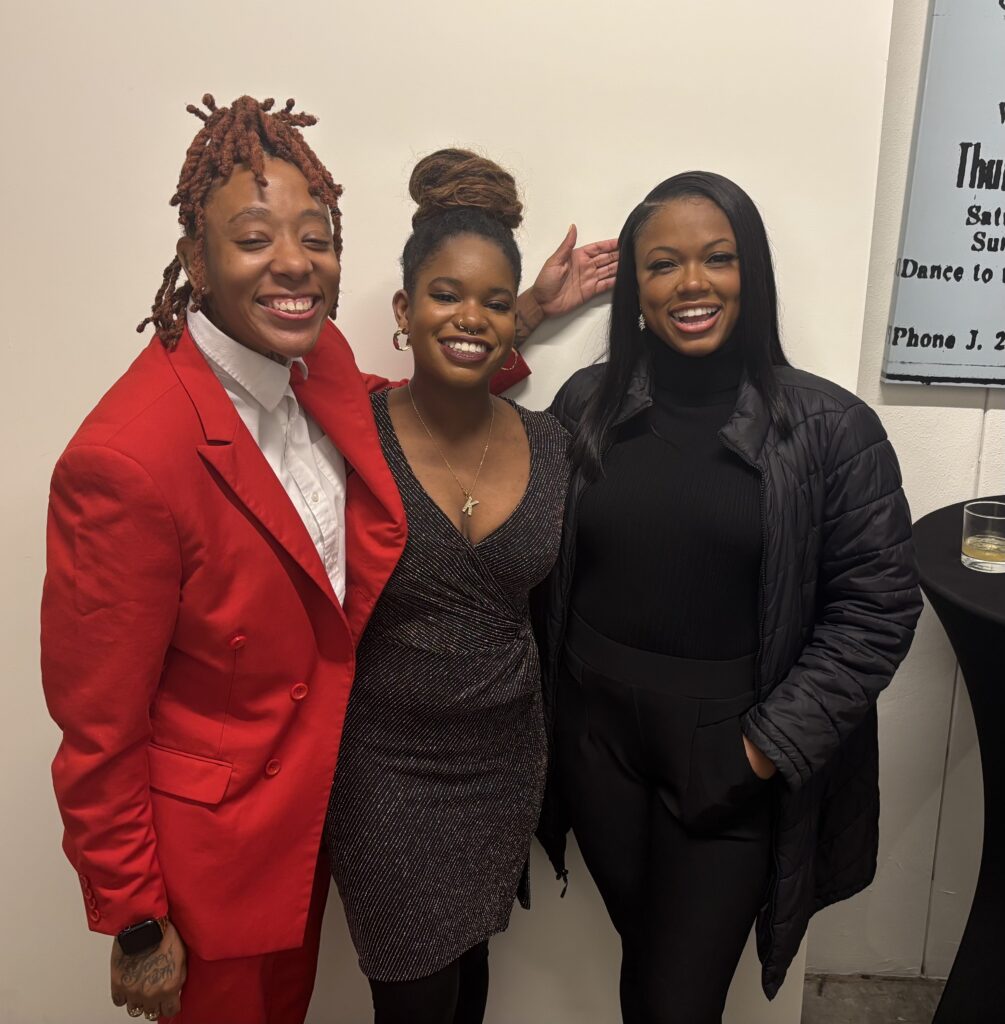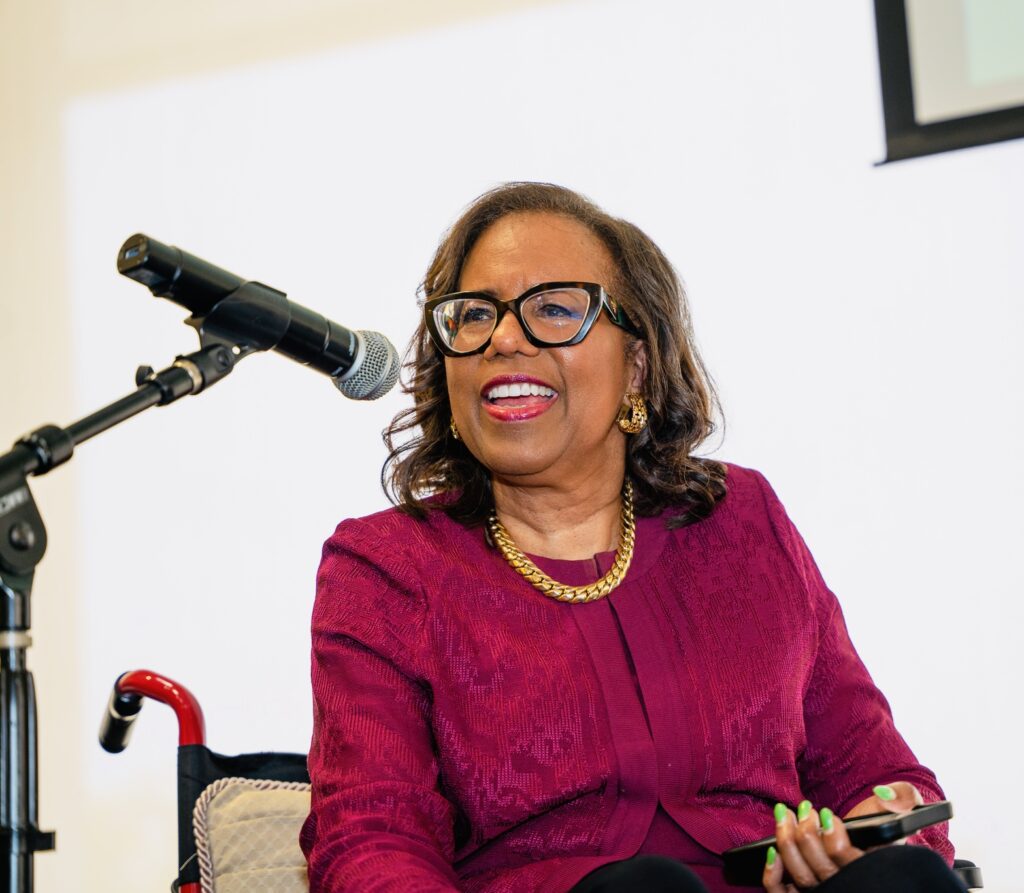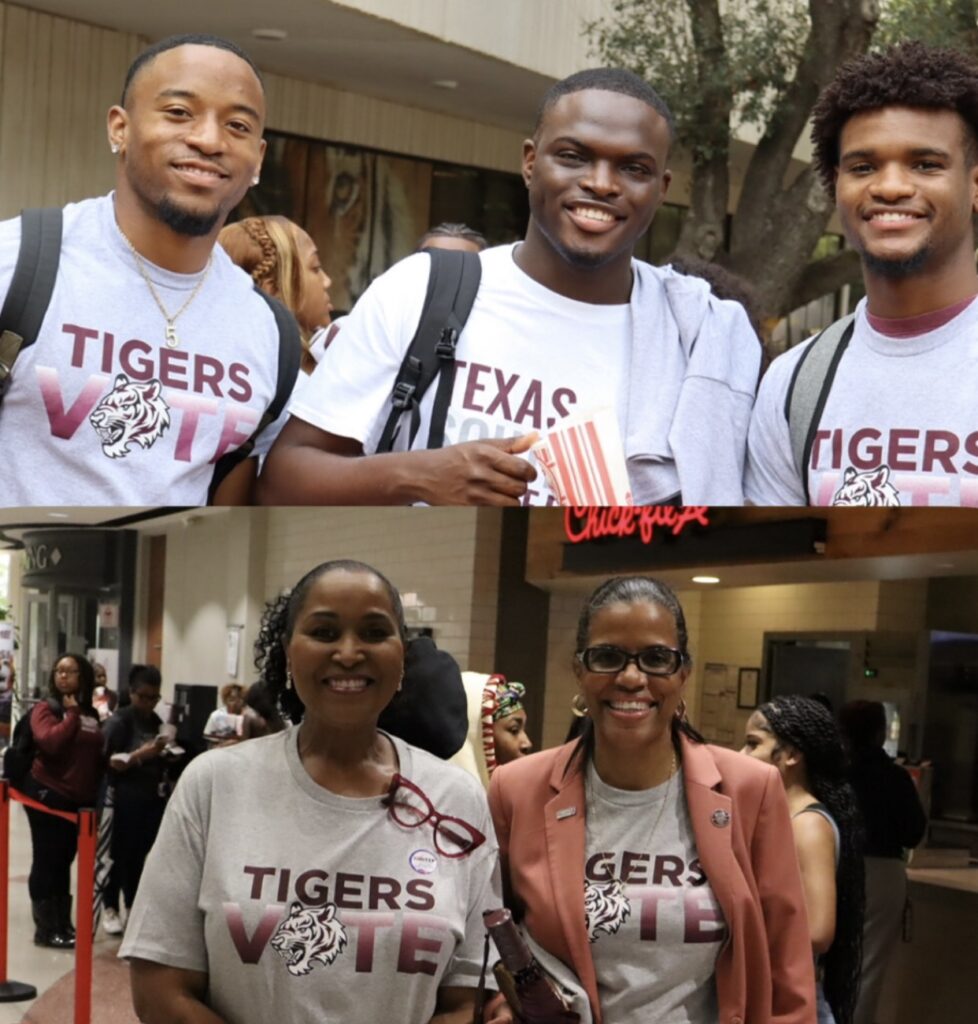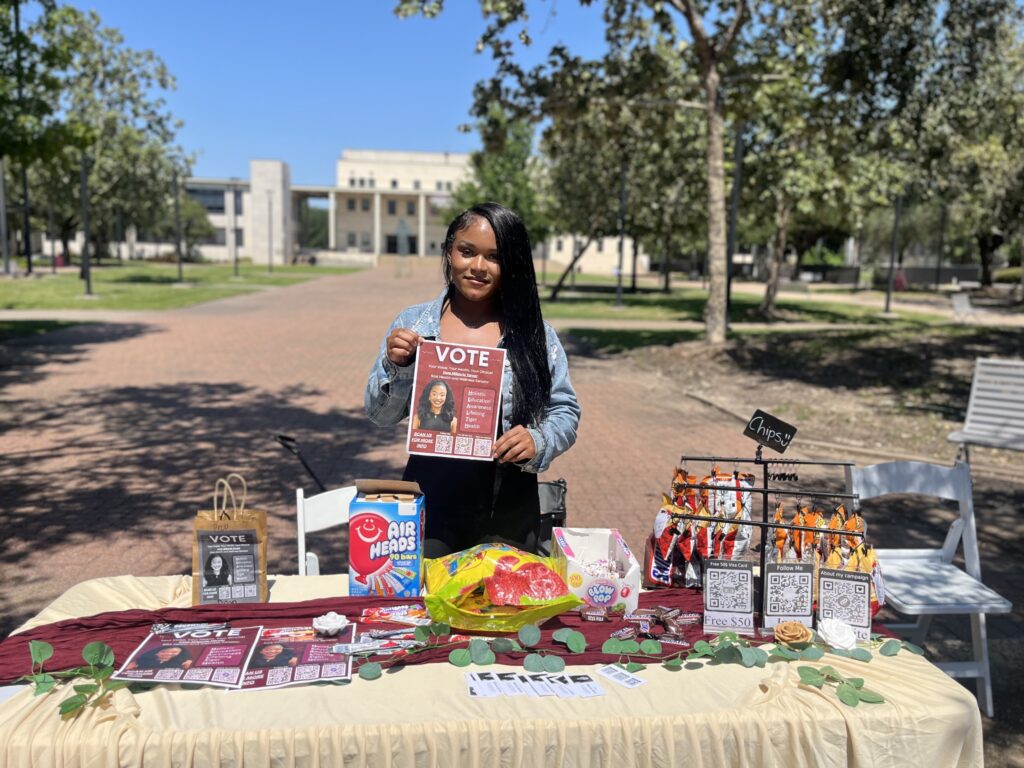TSU Students Unpack the Legacy of Charlie Kirk
Written by Erin Slaughter on September 14, 2025
By KTSU2 Reporter Erin Slaughter
https://www.instagram.com/charliekirk1776?igsh=dXgwMmpudG9sMXJu

Photo by Gage Skidmore, CC BY-SA 2.0, via Wikimedia Commons.
The fatal shooting of conservative activist Charlie Kirk unleashed a wave of passionate dialogue and intense debate among students at Texas Southern University (TSU).
Kirk was fatally shot on Sept. 10 during a public debate at Utah Valley University. The event focused on gun rights and mass shootings, issues that have ignited heated public debate nationwide.
“While I do not support violence of any kind, Charlie Kirk once described gun deaths as a ‘prudent price’ for the Second Amendment,” said Shaneece Flax, a TSU journalism major.
Shaneece Flax, a TSU journalism major.
“I don’t think he ever thought he would be the one to pay that price. His political ideology ultimately contributed to his untimely demise,” she said.
While Kirk faced widespread criticism for his stance on gun laws and for making racially charged, anti-LGBTQ and misogynistic remarks, some students said violence is never justified, regardless of one’s views.
Amber Land, a recent TSU graduate, said Kirk’s political views did not warrant such a public display of violence.
“It’s an unfortunate situation, and I pray for his family. No matter our political views, it’s heartbreaking that we live in a time when a difference of opinion can cost someone their life,” she said.
Tim Peters, another TSU student, echoed Land’s opinion and said that free speech should be protected without fear of violent retaliation.
“No one should be shot because of their opinions or beliefs. Whether we agree or not, we should all be free to express them,” he said.
Tim Peters, TSU student
During Kirk’s event, an audience member asked, “Do you know how many mass shooters there have been in America over the last 10 years?” Kirk replied, “Counting or not counting gang violence?” Moments later, he was fatally shot.
For one TSU student, the circumstances surrounding Kirk’s death carried a deeper, ironic meaning.
“Charlie Kirk’s death was poetic, not only because of how it happened, but also because of the location, his final words, and the manner in which he died,” said Kedric McKnight, a junior at TSU.
“His last words referenced gang violence. When he was shot, his body leaned to the left. His political views were so far right, yet he died leaning left. To me, that is poetic,” he said.
Kedric McKnight, a junior at TSU.
Others focused less on Kirk himself and more on the innocent people affected by the shooting.
“It’s hard to feel bad for him, and I hate to say that because I don’t want to lose empathy for someone because of their political views. In the end, I still feel bad for his family and children because they were innocent,” said Donovan Roy, a sophomore at TSU.
Some TSU students also highlighted contradictions between Kirk’s rhetoric and the reality of his death.
Dayja Saures, a recent graduate of Thurgood Marshall School of Law, said Kirk often expressed skepticism and negative views about Black people.
“He talked about Black pilots and criticized Black people and their contributions to America after slavery, often criminalizing them. But the wildest part is, his shooter was a white man. I guess that clears us of some allegations,” she said.
Dayja Saures, recent TSU Graduate
Regardless of opinions on Kirk’s politics, he was a conservative activist and commentator, a father and husband, and remained well-liked by his supporters, including President Donald Trump, who posthumously awarded him the Presidential Medal of Freedom, the nation’s highest civilian honor.
Kirk’s death highlights the fragility of free speech. The varying opinions among TSU students reflect broader societal divisions, especially political ones, as they navigate personal feelings while striving for understanding and compassion in an increasingly polarized world.
Photos by Gage Skidmore, CC BY-SA 2.0, via Wikimedia Commons.






